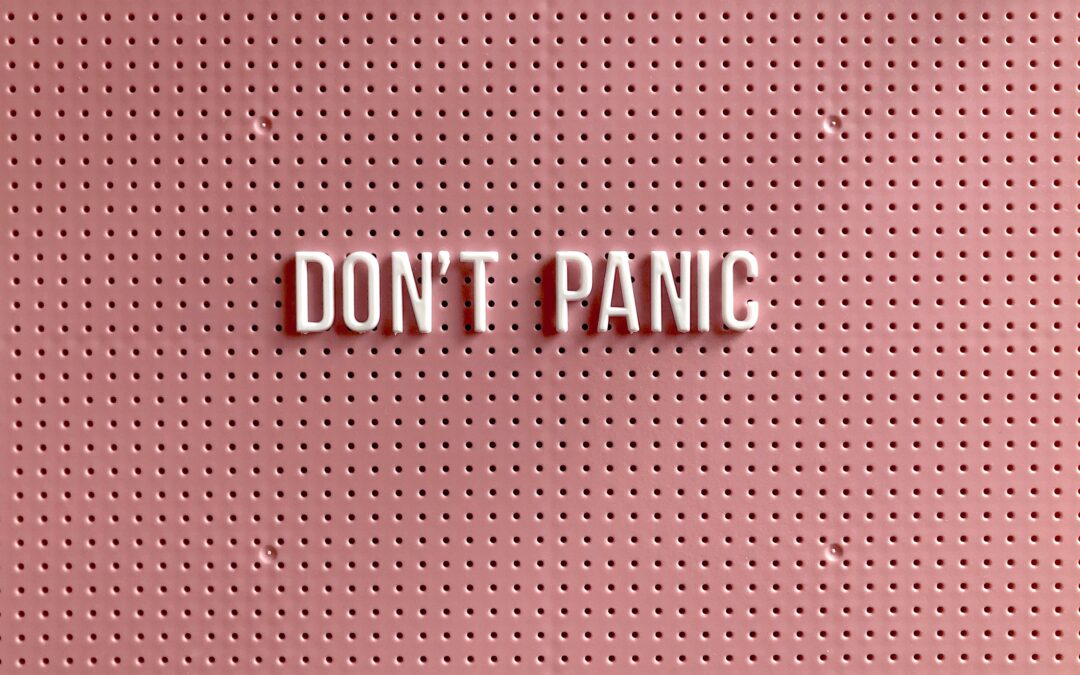“There are no bad trips, only challenging ones”
This is a buzz-phrase that has been kicking around the psychedelic community for a long time and I don’t believe it to be true. I believe there are bad trips and that they can be mitigated with proper preparation.
A challenging trip can involve fear, uncomfortable body sensations, purging, crying or re-experiencing difficult experiences and traumas. Although this can be very unpleasant, with the correct support and toolkit there shouldn’t be any lasting negative impact or damage to the psyche.
“A bad trip is when a psychedelic journey leads to excessive unmanageable fear, re-traumatisation, and extreme disturbance.”
A bad trip can leave someone in a state of terror & nervous system overwhelm, which can create lasting damage and negatively impact their daily lives and functioning. Below I will explore the possible reasons this might happen and how to best prepare for a safe psychedelic journey.
My top 10 insights into ‘the bad trip’
The ‘bad trip’ is the main fear that I encounter with first-time psychedelic users. This is a very valid and real fear and one that can interfere with the journey if not addressed beforehand. The good news is that a ‘bad trip’ can be mitigated by preparing correctly. Here are my top 10 reasons for and ways to mitigate the dreaded ‘bad trip’
1. Improper Setting
Not having a private safe space and ample time to deeply go inwards or not having a trusted sitter who can reassure you and make sure your physical body is safe and your basic needs are met (helping you to the bathroom, reassuring you, giving you water etc.) This includes choosing the right guide or facilitator (if you’re using one) and communicating your needs and boundaries to them ahead of the journey.
2.Taking too low a dose
This can leave you stuck in an uncomfortable ‘in-between’ space which can induce feelings of anxiety. Not enough to ‘lift off’ and get above the clouds can leave you stuck in the ‘turbulence zone.’
3. Taking too high a dose
This can make the journey very intense and without having the experience to navigate the space leaves some people feeling overwhelmed and scared. (*This is not true for everyone as some people require a higher dose. It’s important to discuss dosage with a coach or facilitator before-hand. )
4. Expectations!
Having preconceived ideas of what the journey will be like or how you would like it to go is usually a recipe for dissapointment. Having rigid expectations can lead to resisting the experience which can create inner conflict and fear. It’s important to go into a psychedelic experience with an open mind and heart allowing the journey to unfold as it needs to. During psychedelic preparation sessions we may work on creating a lightly-held intention as opposed to an expectation.
5. Knowing your ‘why’
It’s important to know your genuine reason for embarking on a psychedelic journey. This is where you can get honest with yourself and weed out any hidden expectations you might have. It’s important to be realistic about what psychedelics are and what they are not. I have a blog post about this on my website https://lennacoach.com/what-do-psychedelics-do/
6. Contraindications
Take some time to research any contraindications relating to medication, mental health conditions, physical conditions such as high blood pressure or heart conditions (this is important for certain substances like Iboga) before choosing the psychedelic you wish to work with.
7. Being informed
It’s important to find the balance between being informed and being overwhelmed by information. What you don’t want to do is spend the days leading up to your journey consuming vast amounts of information, in particular reading about other people’s experiences. You want to be as ‘empty’ as possible going into the journey.
8. Choosing the right psychedelic for you
Each psychedelic has its own unique properties, intensity and cultural context. I usually recommend starting with a gentler medicine like psilocybin and working your way up to the more powerful ones like Ayahuasca (if that is something you wish to experience) Certain substances have been shown to help specific conditions such as Iboga for opiate addiction or MDMA for PTSD. Speaking to an integration professional about choosing the right substance is always a good idea if you’re new to psychedelics.
9. Know your medicine
It’s essential to be informed of the possible effects of your chosen psychedelic so that you’re prepared and don’t feel scared during the trip. Things like chills, increased urination, dizziness, weakness, muscle tremors, nausea, sweating and distorted vision are examples of side effects. Not everyone will experience all of these but it’s important to know that they are all completely normal and nothing to worry about.
10. Working through trauma
If you have past traumas and are scared of memories coming up during the trip the best thing to do is work with a coach or therapist before the journey. Getting everything out on the table beforehand is the best way to help yourself. You can begin to process these memories before you go into the journey space and even work through your fear of confronting them. Learn some resources and techniques for navigating challenging moments during the trip such as breathwork, meditation, EFT, self-soothing practices and the most underrated tool of all; asking your facilitator for support!
If you’d like to learn more about preparing for a psychedelic experience, get in touch for your FREE 20 minute discovery call!

